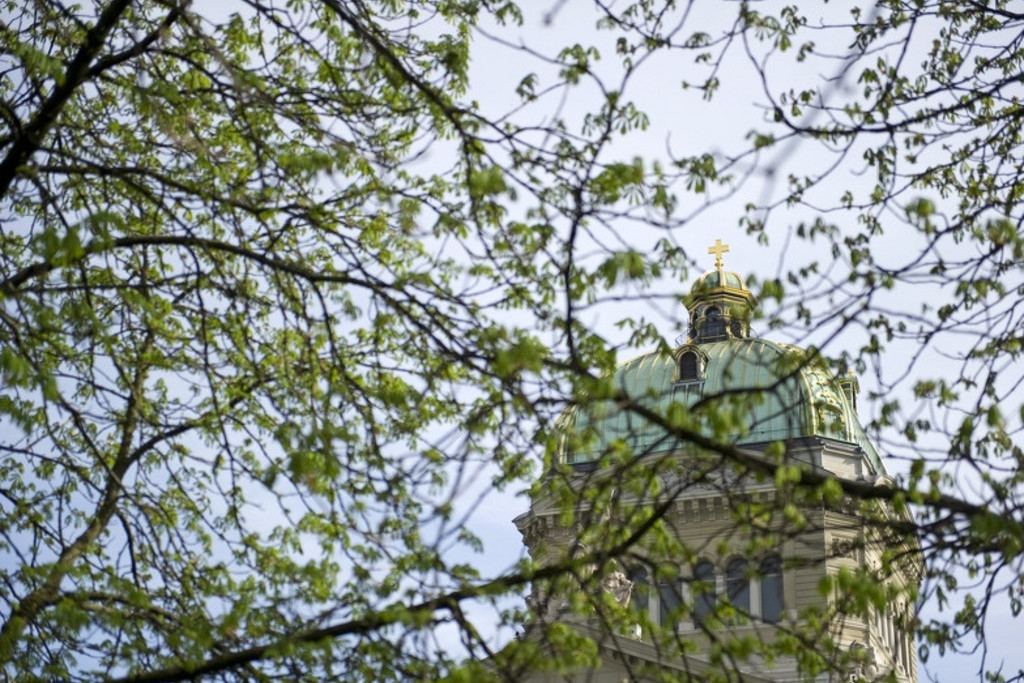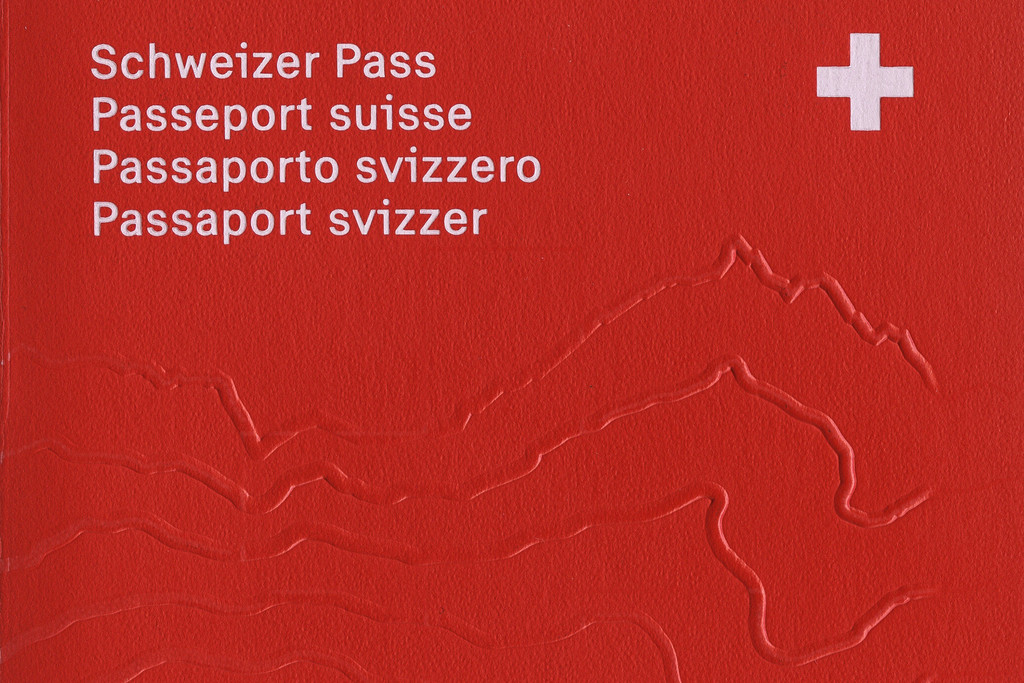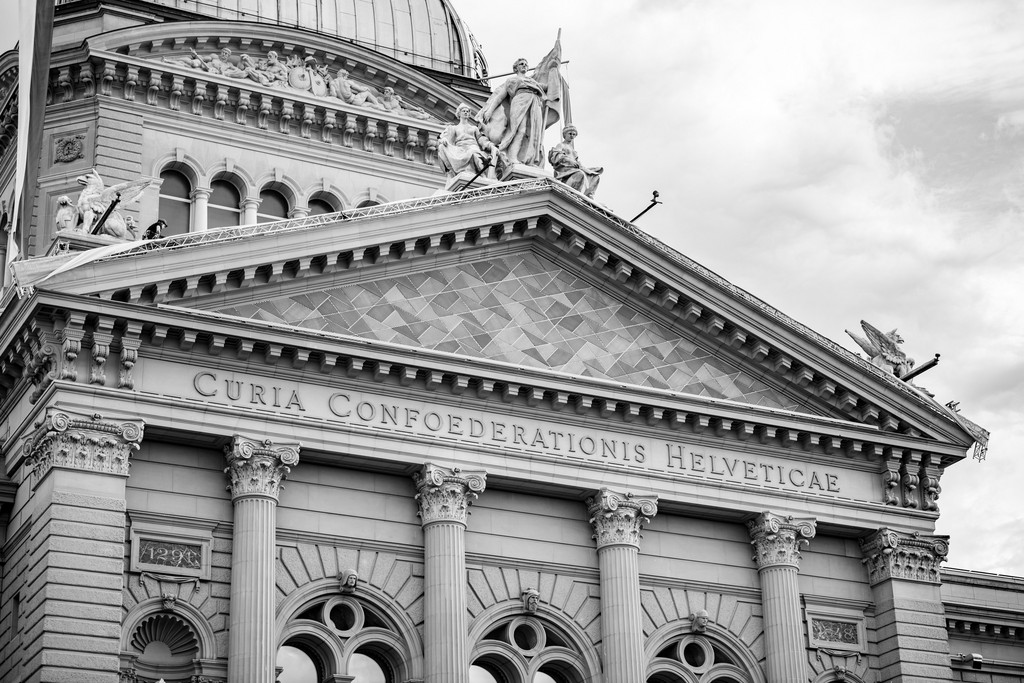
Votes and Elections

Changes to OASI – what these mean for the Swiss Abroad
Aus dem Bundeshaus

Votes and Elections

How can I acquire Swiss nationality from outside the country?

Elections and votes

Swiss culture on the international stage
![[Translate to en:]](/fileadmin/_processed_/7/d/csm_bundeshaus-by-thomas_c156edfbe4.jpg)

At the start of 2014, Didier Burkhalter, President of the Swiss Confederation, met US Secretary of State John Kerry in Davos and Vice President Joe Biden at the White House. On both occasions, the US representatives expressly thanked Switzerland for acting as a Protecting Power on behalf of the USA. This gratitude is more than a matter of courtesy. It shows appreciation of Switzerland’s services, which demonstrate our dependability, credibility and discretion.
A nation acts as a Protecting Power when it accepts a mandate to mediate between two States which do not have any diplomatic and/or consular relations with one another, in order to ensure a minimum level of reciprocal contact. A distinction is made between two types of mandate: the “Geneva mandate” and the “Vienna mandate”. The less common “Geneva mandate” is based on humanitarian international law and aims to ensure the proper application of the Geneva Conventions of 1949 and the appropriate treatment of civilians, prisoners of war and injured persons. The ICRC usually acts as a Protecting Power under the “Geneva mandate”.
Protecting Power mandates today are generally the representation of interests under the “Vienna mandate”. They focus on the diplomatic and consular relations between two States and are based on the Vienna Convention on Diplomatic Relations of 1961 and the Vienna Convention on Consular Relations of 1963.
The specific content of the Protecting Power mandate differs depending on whether the emphasis is placed on technical/humanitarian or political aspects. The first case primarily concerns the performance of traditional diplomatic and consular tasks, such as conveying messages, providing support for citizens, protecting the property of the country represented, and handling passport and visa matters. In practice, consular tasks are today also sometimes undertaken by “interest sections” of the represented States. One example is Switzerland’s mandate on behalf of the USA in Cuba. A US interest section with some US staff that is affiliated to the Swiss embassy has been dealing with complex consular affairs here since 1977.
At the political level, the Protecting Power mandate often involves keeping a discreet and reliable channel of communication open between two States despite the breakdown of diplomatic relations. A representation of interests by a third State only comes into play if the governments of the Protecting Power and the two States concerned grant their approval.
A Protecting Power is entitled to receive payment for expenses from the sending State. If the consular tasks are carried out by interest sections of the represented States, the costs for the Protecting Power are limited. Switzerland therefore sometimes refrains from claiming compensation for its mandates in the reciprocal representation of interests between the USA and Cuba or Georgia and Russia.
There are various reasons why Switzerland represents interests between States whose relations have broken down. These include the objectives of promoting peace, providing a channel of dialogue between hostile parties and increasing human security for the citizens concerned.
Switzerland is currently exercising six Protecting Power mandates:
Special importance is attached to the mandate as a Swiss Protecting Power (SPP) on behalf of the USA in Iran. Following the Iranian revolution, the proclamation of the Islamic Republic and the occupation of the US embassy in Tehran by revolutionary students, followed by the hostage-taking of US diplomats for 444 days, the USA broke off relations with Iran in April 1980. The US government subsequently approached the Federal Council to ask whether Switzerland would take over the representation of its interests in Iran. The Swiss government accepted the mandate in May 1980, in accordance with the Vienna Convention on Diplomatic Relations. Iran also confirmed its approval of this assumption of the mandate by the Swiss Confederation.
A team of ten employees represents the interests of the USA at offices physically separate from the Swiss embassy in Tehran. Close contact is nevertheless maintained with the embassy in terms of both administrative matters and political interventions in connection with the Protecting Power mandate.
The consular work of the “foreign interests” section is comparable with the duties performed by a chancery at a Swiss representation. Around 10,000 registered US and dual citizens are currently provided with support. The section also provides consular protection for various US nationals and dual citizens in Iran.
The SPP is in regular contact with the Foreign Interests Section at the FDFA in Berne. This is the interface at the federal administration for contact between the parties involved. It ensures communication with the US embassy in Berne through which most consular business with Tehran is conducted. The Protecting Power mandate is based on trust in Switzerland from both the US and the Iranian sides. The successful work over many years of the Swiss departments involved in Tehran, Washington and Berne is appreciated by both States.
The representation-of-interests mandate was assigned to Switzerland in 1961 following the Cuban revolution which led to the breakdown in US relations with Cuba. Switzerland accepted the Protecting Power mandate as part of its traditional “good offices” policy. On 30 May 1977, the USA and Cuba agreed the opening of interest sections in Havana and Washington and the dispatch of their own staff to conduct matters on the basis of bilateral exchange. The US interest section in Havana remains nevertheless under the diplomatic protection of the Swiss Confederation and is officially part of the Swiss embassy, despite being physically separate from it.
The activities of the US interest section in Havana comprise consular services for US citizens living in Cuba and tasks concerning the representation of US interests in Cuba. They are carried out by Cubans and, to a lesser extent, also by members of the US diplomatic service. The Swiss Protecting Power mandate is therefore primarily of a formal nature. In practice, besides consular business, diplomatic matters are also increasingly being dealt with directly between the USA and Cuba.
In early April 1991, Switzerland also took over the representation of Havana’s interests in the USA, which had previously been undertaken by Czechoslovakia, at the request of the Cuban government.
Since the turn of the year 2008/2009, Switzerland has represented Georgian interests in Russia and Russian interests in Georgia. After the war between the two countries in August 2008 and recognition of the breakaway Georgian regions of Abkhazia and South Ossetia by Russia, Georgia broke off diplomatic relations with its northern neighbour. Following protracted negotiations, both countries decided to assign the representation of their respective interests to Switzerland. Switzerland’s role is greatly appreciated by both Russia and Georgia.During its OSCE Chairmanship in 2014, Switzerland, together with the EU and the UN, will mediate at the Geneva Talks on the Georgian conflict over the key issues surrounding the breakaway regions of South Ossetia and Abkhazia.
Picture L’équipe de la section «Intérêts étrangers» à l’ambassade de Téhéran: Giulio Haas, ambassadeur, Reza Goorabi, Francine Zuchuat, Nasrin Tamadon, Nooshin Davami, Mitra Nasirpoor, Mojdeh Sedighi, Safoura Joorabchi, Emil Wyss, chef de section (de g. à dr.)
Comments